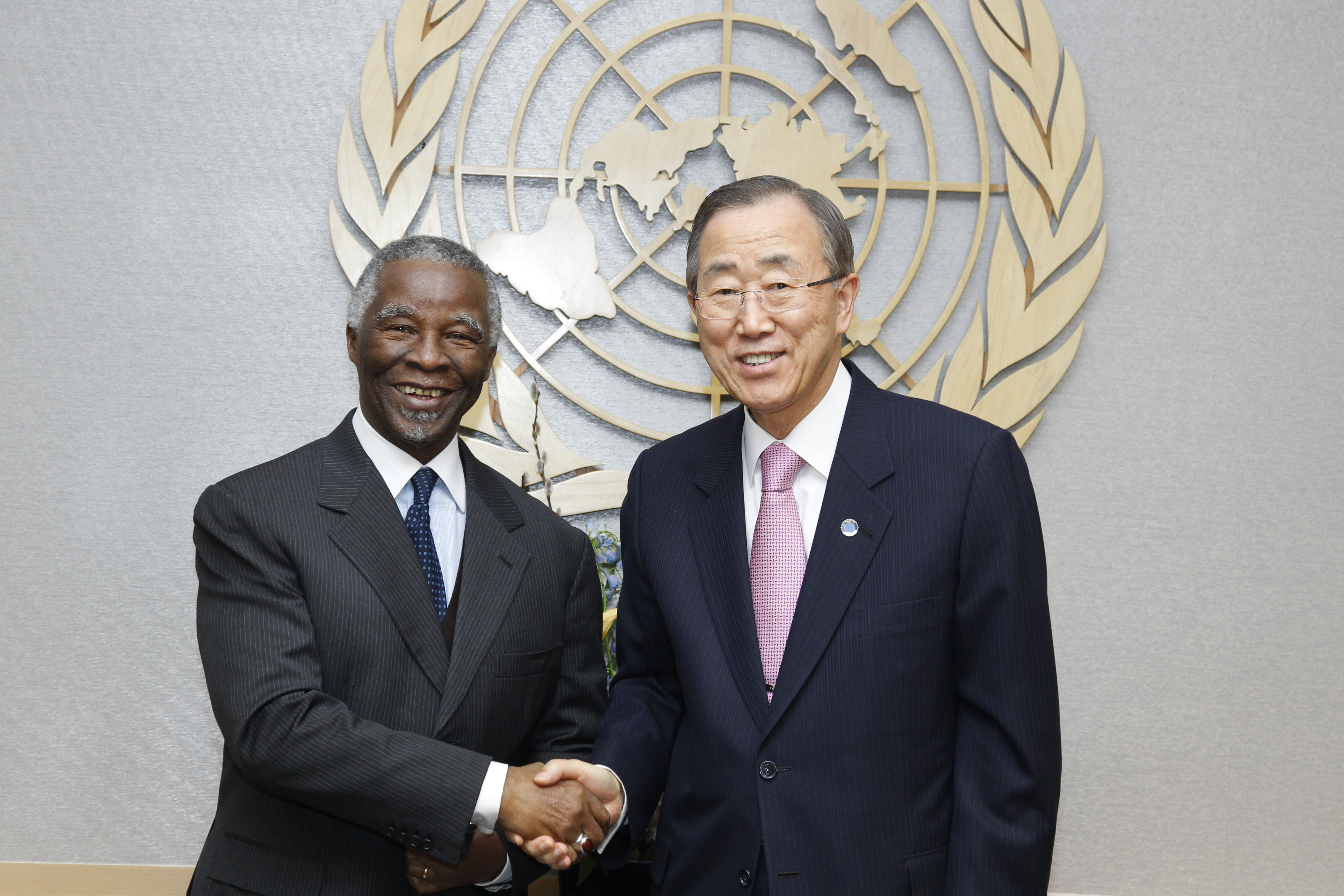Breaking the Cycle: Delinking Armed Actors from the Gold Supply Chain in Congo and the Great Lakes Region Through Fiscal Reform and Anti-Money Laundering (AML)
Artisanal and small-scale (ASM) gold remains a major source of income for elements of the Congolese armed forces, armed groups, and criminal networks ...
Five Lessons from a Sanctions Practitioner
Economic sanctions, the steps a government takes to prohibit certain types of economic activities with a foreign country, company, or individual, have become a preeminent tool of U.S. foreign policy. They are used to combat threats ranging from nuclear proliferation in Iran or North Korea to civil strife and mass atrocities in Central Africa. In past decades, sanctions were typically “comprehensive,” in which the United States would ban nearly all trade and economic activity with an adversary. This approach is rarely taken anymore, with only a few countries, like Syria, Sudan, and North Korea, subject to these types of comprehensive ...
Violent Kleptocracies: How they’re destroying parts of Africa and how they can be dismantled
Millions of people have suffered and perished in the ongoing wars in East and Central Africa, including Sudan, South Sudan, Somalia, the Democratic Republic of the Congo, Burundi, Rwanda, Uganda, and the Central African Republic. The big prize in these deadly conflicts is the control of a hijacked state and the natural resource wealth of the country ...
Targeted Sanctions and Beyond: Financial and Judicial Tools for the U.S. and Europe to Help Enable Timely Elections in the Democratic Republic of the Congo
Political tensions are building in the Democratic Republic of the Congo, where sitting President Joseph Kabila is attempting to subvert the country’s constitution, hold on to power, and reduce political space ahead of the scheduled end of his second presidential term. During the past 18 months, the situation has worsened, with multiple attempts to significantly delay elections; peaceful protesters arbitrarily arrested, beaten, or killed; and the expulsion of several key international researchers or officials, including those from the United Nations Joint Human Rights Office, Human Rights Watch, Global Witness, and the Congo Research Group ...
The Paper Tiger in South Sudan: Threats without Consequences for Atrocities and Kleptocracy
This policy brief adapts and expands on congressional testimony I delivered on April 27, 2016 before the U.S. House Foreign Affairs Committee’s Subcommittee on Africa, Global Health, Global Human Rights, and International Organizations in a hearing on “South Sudan’s Prospects for Peace and Security.” ...
Addressing South Sudan’s Economic and Fiscal Crisis
As conditions for ordinary South Sudanese people continue to deteriorate, government mismanagement is combining with economic and political crises to create a “toxic situation,” according to a Enough Project brief. The brief, Addressing South Sudan’s Economic and Fiscal Crisis, calls for action by the international community, and also for commitment by the warring parties to put the needs of the people ahead of their own ...
Sudan Gold Brief
Gold coming from Sudan is conflict-affected, high-risk, and helping to destabilize the country’s main conflict-zones of Darfur, Blue Nile and South Kordofan. This brief, which stems from our new report Fool's Gold: The Case for Scrutinizing Sudan's Conflict Gold Trade, provides an overview of conflict-affected gold in Sudan and offers policy recommendations ...
Extermination By Design: The Case for Crimes Against Humanity In Sudan’s Nuba Mountains
Our policy analyst Akshaya Kumar argues that the desperate situation of the people in rebel-controlled areas, the Sudanese government’s aid blockade, and indiscriminate attacks on civilians, along with statements recently attributed to senior commanders in the government forces, lay the foundation for a case of crimes against humanity by extermination ...
Policy Brief: The AUHIP Mandate Renewal, An Opportunity to Revitalize Efforts on Sudan

The mandate of the African Union High-Level Implementation Panel for Sudan and South Sudan, or AUHIP,expires on July 30, 2013. The renewal process and the panel’s forthcoming “final” report—surveying its work from October 2009 to the present day—present a unique opportunity to think about the future of this long struggle for peace ...
MONUSCO—Protection of Civilians: Three recommended improvements

Although civilian protection is stated to be the highest priority of the United Nations peacekeeping mission in the Democratic Republic of Congo, MONUSCO, the mission continually struggles to fulfill this mandate. Overall, the failure of the U.N. to deal with the FDLR, as a major factor in regional instability, allows for the eastern Congo crisis to fester. The optimal longer term alteration in MONUSCO’s mandate would be to empower and support it, in coordination with other actors in the region, to end the FDLR threat along the lines of the Ituri “Artemis” model. Given MONUSCO’s current mandate on civilian protection, ...

